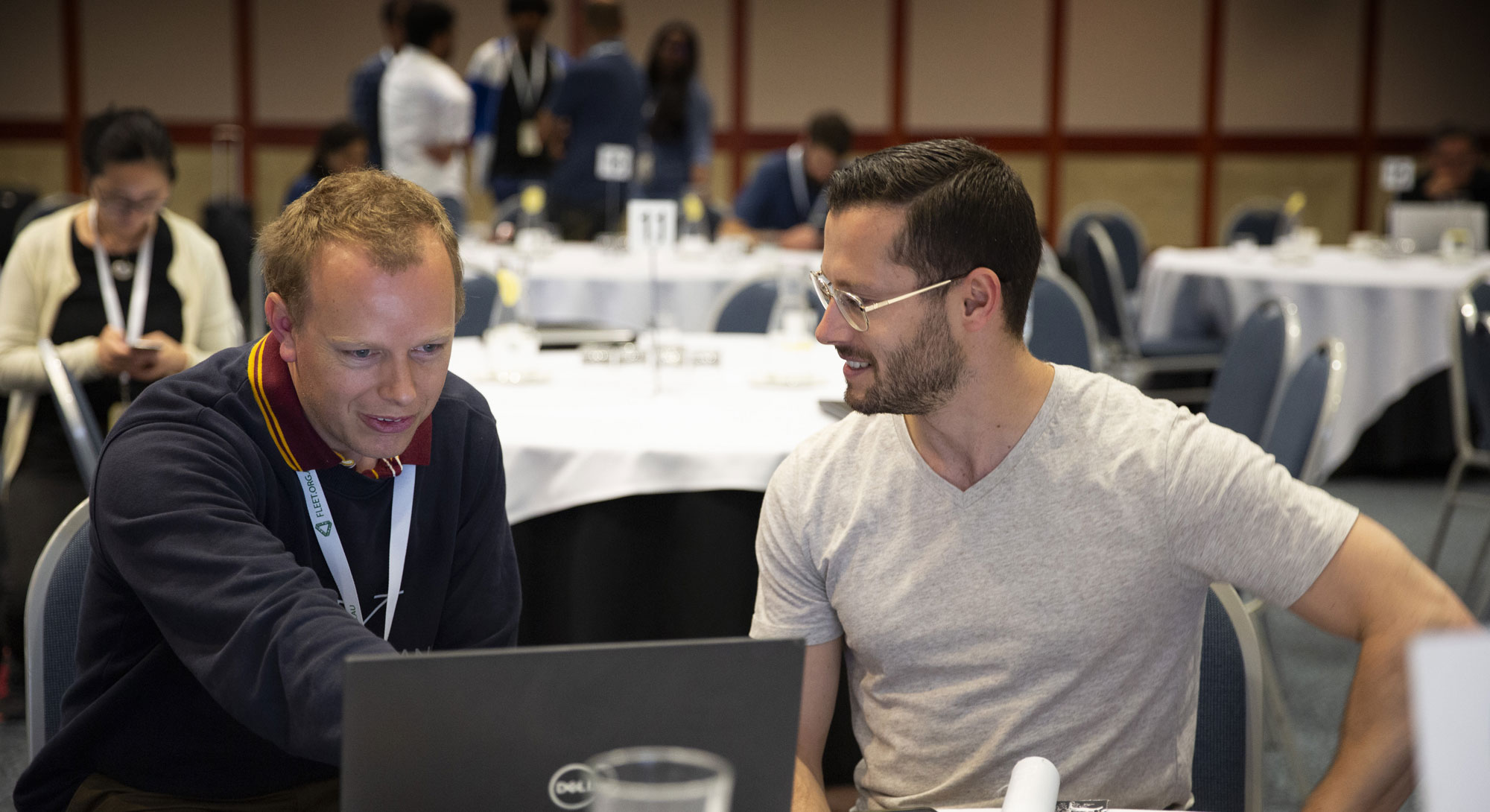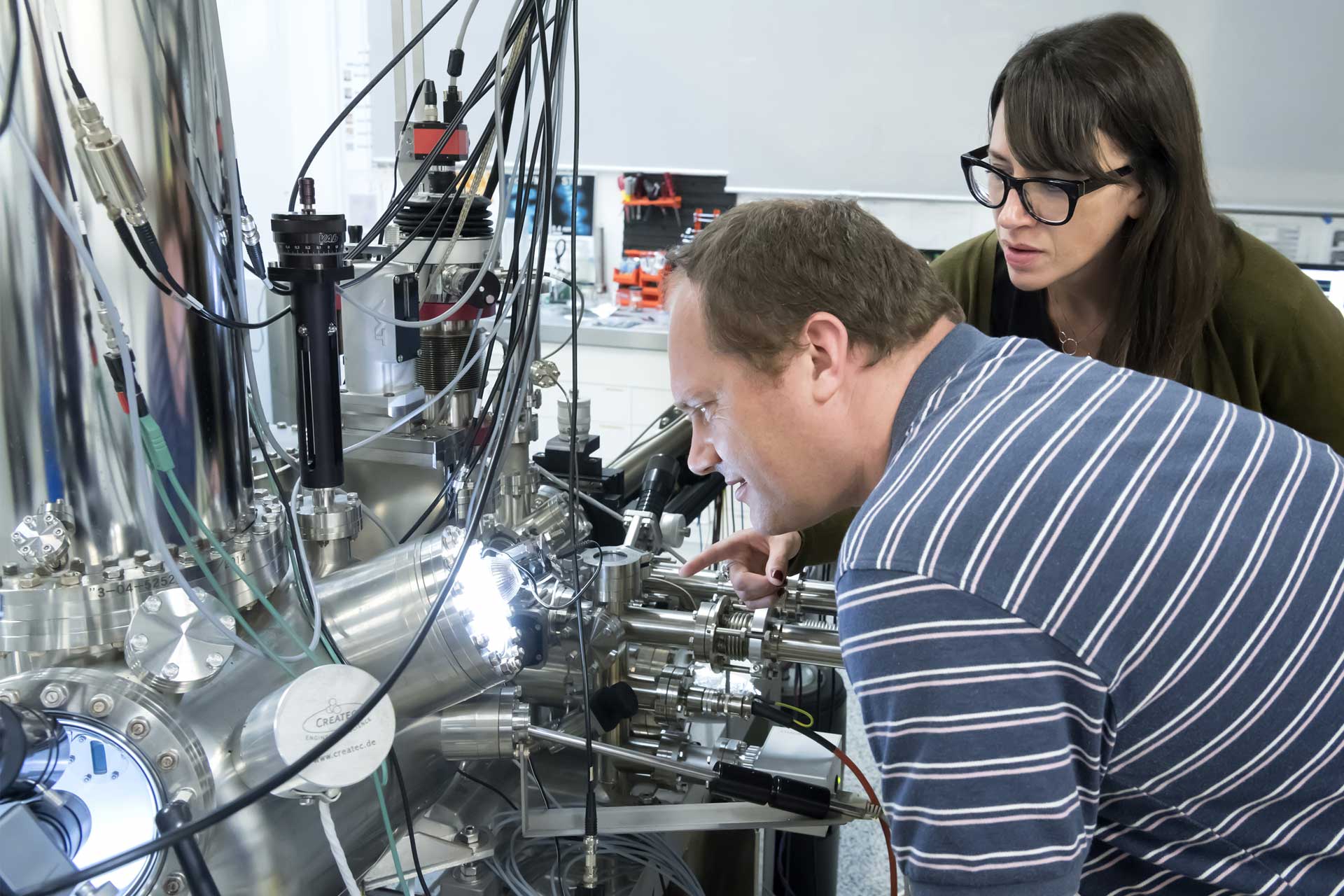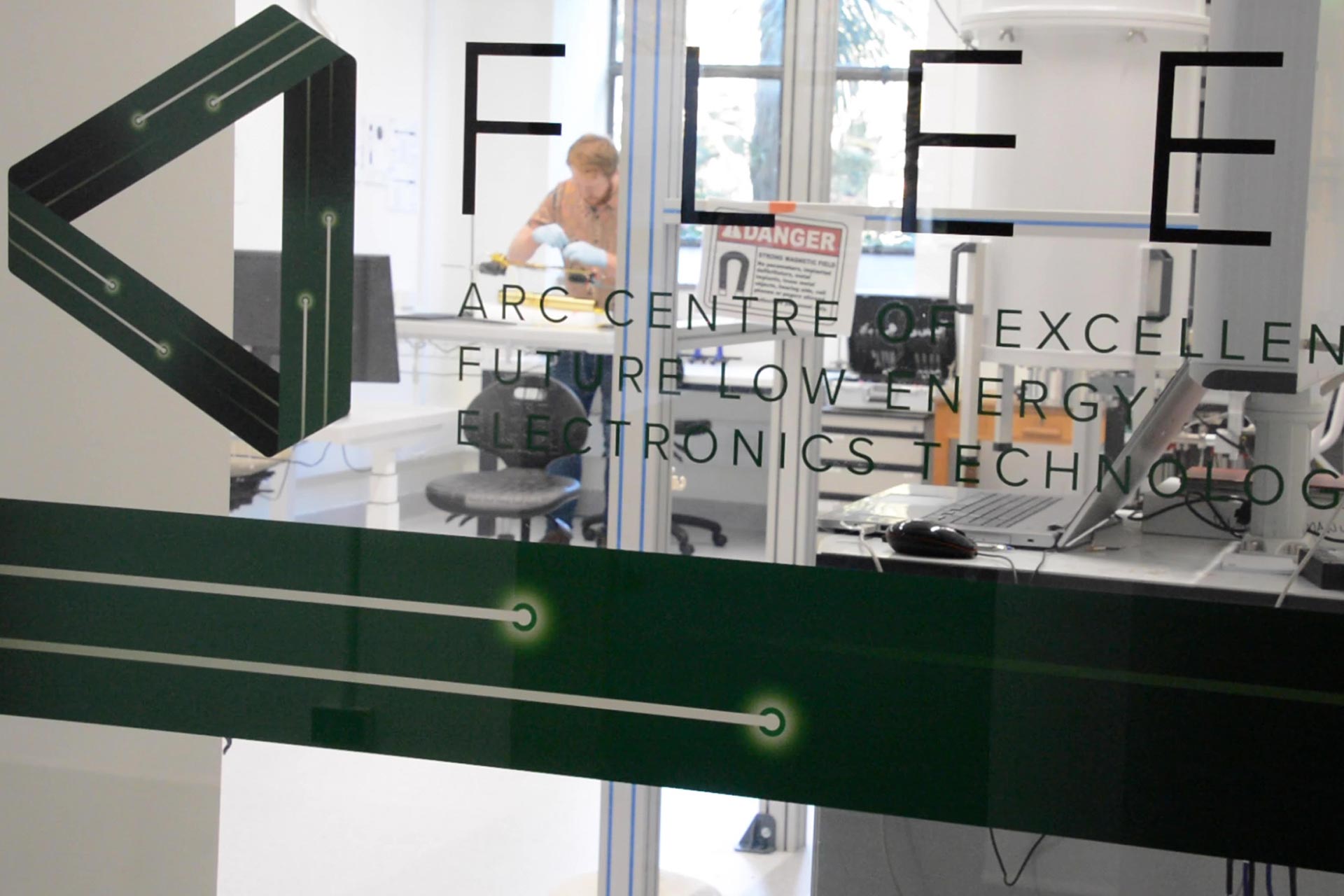
Case
Study
Maintaining international links
in the absence of international travel
US-Australian transpacific condensed-matter talks
The temporary halt in international visits that traditionally spark and fuel research collaborations in 2020 pushed FLEET to find new ways to connect.
Some positives have surfaced amid the negative impacts of Covid-19 travel bans on science collaboration, including the expansion in videoconferencing allowing researchers from geographically isolated regions to connect.
Together with Centre partners at the Joint Quantum Institute (University of Maryland) and Monash University, FLEET inaugurated and hosted a new transpacific colloquium series to present novel development in condensed-matter and cold-atom physics.
To maintain and strengthen connections between physics communities in Australia and North America, the series hosted seven colloquia with speakers from Cornell, Stanford and Rutgers universities (USA), UNSW and Monash (Australia) and the University of Waterloo (Canada).
The colloquia covered topics from all FLEET research themes, including:
- Tuning electronic properties by tailoring 2D atomically-thin structures
- Understanding electronic structure topology through theoretical concepts
- Studying interactions between spin and orbital momentum
- Exploring techniques to study quasi-particle systems
- Two-dimensional superfluids.

Internal research links are key to FLEET's success. Before borders closed in early 2020, MacDiarmid's Simon Granville visited several FLEET nodes (and attended the AFLW).
The virtual series was not without challenges as the team navigated multiple time zones and daylight saving periods, all the while learning and mastering the art of Zoom video conferencing. The seven colloquia in 2020 attracted more than 180 Centre members and another 150 external participants.
The series represents one of 2020’s ‘silver linings’: an improvement in the way the Centre operates that we intend to maintain going forward. Regardless of travel policies in 2021, the US–Australia Transpacific Colloquium series will continue.
Six additional speakers, from Caltech, Ohio State, McGill, Harvard and Columbia universities, are already lined up for the first half of the new year.
FLEET provides opportunities to connect with other people within related research fields, provides resources for professional development, and provides a shared vision for research.
FLEET member survey
Related Case Studies

Spotlighting ARC Physics
The new series throws the spotlight on a different ARC Centre of Excellence each month...
Read more